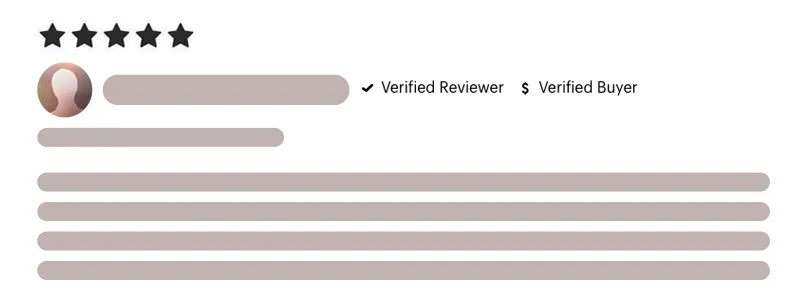LIMITED TIME OFFER - WILL GO AWAY SOON!
Gain The Stress Free Living You Deserve By Using Proven Strategies, Tactics and Tools That Most People Will NEVER Have Access To.
Get Tranquil expert insights into time management, efficient organiSational skills, and cultivating healthy boundaries. Achieve better work-life harmony, greater mental clarity, and extra time for the things you love – all without compromising your priorities!
HERE'S WHAT YOU GET TODAY!

Mastering Work and Life Harmony. The exclusive course from Tranquil Guide helps stressed professionals achieve clarity and wave goodbye to the constant juggling act of life.
Benefit #1
Personalised Strategy Development: Creating custom strategies that align with your unique needs, ensuring you achieve your specific goals effectively.
Benefit #2
Enhanced Time Management: Learn advanced time management skills to efficiently balance obligations, maximizing productivity and freeing up time for personal interests.
Benefit #3
Improved Mental and Emotional Well-being: Adopt methods that promote mental clarity and emotional resilience, leading to a more balanced and joyful life.
Benefit #4
Practical Action Plans: Develop actionable plans that translate goals into achievable steps, ensuring continuous progress and tangible results.
+ THESE AMAZING BONUSES
LIMITED BONUS #1: Journal -
Journal
LIMITED BONUS #2: Planner -
Planner
LIMITED BONUS #3: Gratitude Diary -
Gratitude Diary
TOTAL VALUE: [$Value of offer]
YOURS TODAY FOR ONLY £200!
Get Mastering Work and Life Harmony Plus The Amazing Bonuses Now!



THE Mastering Work and Life Harmony
Mastering Work and Life Harmony is a comprehensive journey designed to help you finally achieve stress-free living and gain more time to live the life you desire.
Whether you're feeling stuck, looking to pivot, or simply seeking more harmony in both your work and personal life, the proven strategies, tools, and habits within this course are your keys to unlocking a new level of success.
Tranquil has poured 25 years of experience into this program, sharing the most effective techniques for mental clarity, a happier body, and a fulfilled spirit, along with what to avoid...
Discover Tranquil's most closely guarded secrets in Mastering Work and Life Harmony!
What Do Others Have To Say About Tranquil's Life Changing Education?






© 2025 Tarina Ganger - All rights reserved